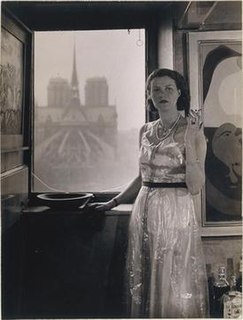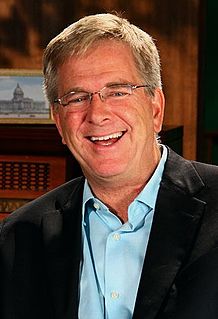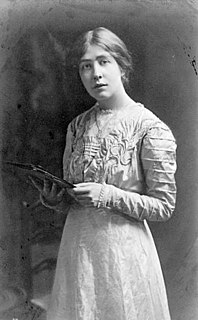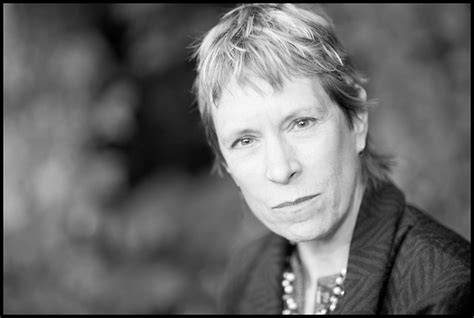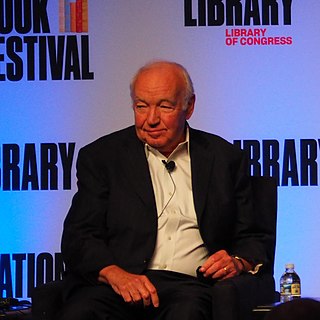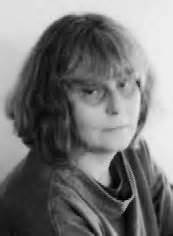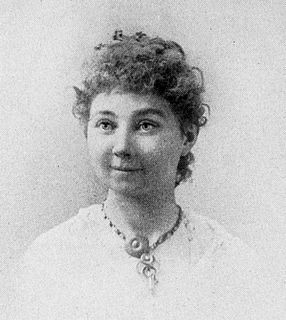A Quote by Peggy Guggenheim
To go out in a gondola at night is to reconstruct in one's imagination the true Venice, the Venice of the past alive with romance, elopements, abductions, revenged passions, intrigues, adulteries, denouncements, unaccountable deaths, gambling, lute playing and singing.
Related Quotes
By day, Venice is a city of museums and churches, packed with great art. Linger over lunch, trying to crack a crustacean with weird legs and antennae. At night, when the hordes of day-trippers have gone, another Venice appears. Dance across a floodlit square. Glide in a gondola through quiet canals while music echoes across the water. Pretend it's Carnevale time, don a mask - or just a fresh shirt - and become someone else for a night.
... in the eyes of its visitors, Venice has no reality of its own. Anyone visiting the place has already seen so many pictures of it that they can only attempt to view it via these clichés, and they take home photographs of Venice that are similar to the ones they already knew. Venice [is] becoming like one of those painted backdrops that photographers use in their studio.
To Forget Venice is a tour de force of ventriloquism. Elegant, contemporary, and wry, the voice at its center is also capable of disarming flights of imagination as it enters and inhabits other lives across time and gender. The glittering, fetid city emerges as a complex metaphor for the human heart’s simultaneous tenderness and capacity for cruelty, its ‘silver glow / a local specialty: filth / disguised as ornament.’ This Venice is unforgettable.
I stood in Venice, on the Bridge of Sighs; A palace and a prison on each hand; I saw from out the wave of her structure's rise As from the stroke of the enchanter's wand: A thousand years their cloudy wings expand Around me, and a dying Glory smiles O'er the far times, when many a subject land Look'd to the winged Lion's marble pines, Where Venice sate in state, throned on her hundred isles.
